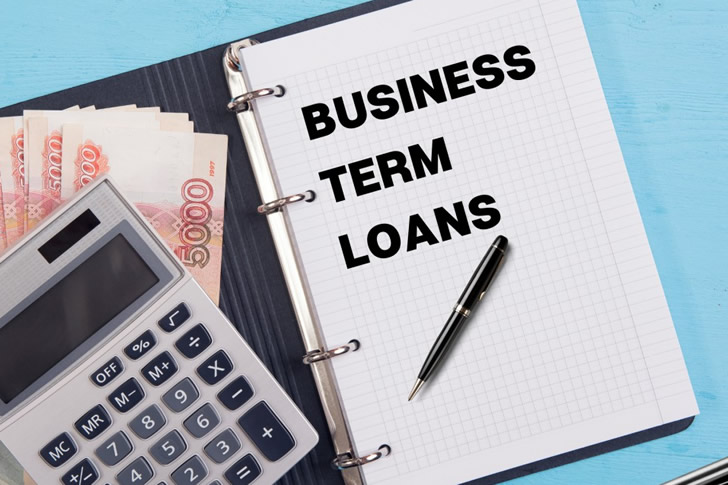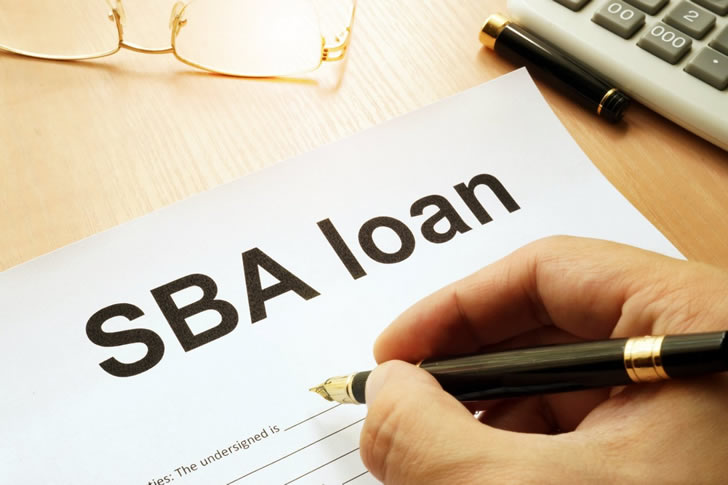How to Choose the Right Loan for Your Small Business
Securing a loan for your small business can be a crucial step towards achieving growth and stability. This guide will explore common questions, loan types, and factors to consider when applying for a business loan. We will also delve into specific options for startups with bad credit and easy approval loans, providing insights and real-world examples.

Common Questions and Answers
1. What are the common types of business loans available?
There are several types of business loans, each tailored to different needs:
- Term Loans: These provide a lump sum of money that is repaid over a fixed period with interest.
- SBA Loans: Loans guaranteed by the Small Business Administration, offering lower interest rates and longer repayment terms.
- Business Lines of Credit: Flexible funding options that allow businesses to draw from a predetermined credit limit as needed.
- Equipment Financing: Loans specifically for purchasing business equipment.
- Invoice Financing: Allows businesses to borrow against their accounts receivable.
2. How can I qualify for a business loan?
Qualifying for a business loan typically involves several key steps:
- Credit Score: Ensure your personal and business credit scores are strong.
- Business Plan: Present a detailed business plan with financial projections.
- Cash Flow: Demonstrate a steady cash flow to show you can repay the loan.
- Collateral: Be prepared to offer collateral if required.
3. What interest rates can I expect on a business loan?
Interest rates for business loans can vary widely based on several factors, including the type of loan, the lender, and your creditworthiness. Generally, rates can range from 4% to 30% or more. Secured loans tend to have lower interest rates compared to unsecured loans.
4. How long does it take to get a business loan?
The time frame for obtaining a business loan depends on the lender and the type of loan. Traditional bank loans might take several weeks to months, whereas online lenders can process loans much faster, often within a few days.
5. What happens if I can’t repay a business loan?
Failing to repay a business loan can have several consequences:
- Collateral Seizure: If the loan was secured, the lender might seize the collateral.
- Credit Score Impact: Non-repayment can negatively affect your credit score.
- Legal Action: The lender might take legal action to recover the owed amount.
- Debt Collection: The debt could be sent to a collection agency.
Detailed Analysis of Loan Affordability
Price vs. Affordability
| Loan Type | Average Interest Rate | Repayment Term | Monthly Payment (for $50,000) | Affordability Score |
|---|---|---|---|---|
| Term Loan | 6-15% | 1-5 years | $1,000 – $2,000 | Moderate |
| SBA Loan | 4-12% | 5-25 years | $500 – $1,500 | High |
| Business Line of Credit | 7-25% | Revolving | Varies | Variable |
| Equipment Financing | 8-20% | 1-5 years | $1,200 – $2,200 | Moderate |
| Invoice Financing | 1-3% per invoice | 14-90 days | Varies | Low |
Startup Business Loans with Bad Credit
Securing a startup business loan with bad credit can be challenging, but there are options available:
- Microloans: Programs like the SBA Microloan offer up to $50,000 to small businesses, even with less-than-perfect credit. These loans are ideal for startups needing small amounts of capital to get started.
- Online Lenders: Companies such as Lendio and Fundbox provide loans with more lenient credit requirements. They offer various products including lines of credit and equipment financing which can be easier to qualify for.
- Crowdfunding: Platforms like Kiva allow startups to raise funds through small contributions from many individuals. Kiva offers 0% interest loans up to $15,000 without a minimum credit score requirement (Merchant Maverick) (Business.org).
Easy Approval Startup Business Loans
For startups looking for loans with easier approval processes, consider the following:
| Lender | Loan Type | Max Borrowing Amount | Repayment Terms | Minimum Credit Score |
|---|---|---|---|---|
| Lendio | Various (term loans, SBA, etc.) | Up to $5 million | Varies | 560 |
| Fundbox | Lines of Credit | $150,000 | 12-24 weeks | 600 |
| Kiva | Crowdfunded Loans | $15,000 | Up to 3 years | None |
| Credibly | Merchant Cash Advances | $600,000 | Varies | 500 |
These lenders provide flexible financing options suitable for startups, even those with poor credit scores. They often have faster approval processes compared to traditional banks (SoFi) (Lendio).
Successful Small Business Loan Case Studies
- XYZ Catering Services: This catering startup secured a $20,000 microloan from the SBA Microloan Program. Despite having a fair credit score, the comprehensive business plan and clear revenue projections convinced the lender of their potential.
- Tech Innovators Inc.: Leveraging crowdfunding through Kiva, this tech startup raised $15,000. The founders focused on a compelling story and transparent use of funds, attracting small investors who believed in their vision.
- Green Earth Landscaping: Using Fundbox, this landscaping business obtained a $50,000 line of credit to purchase equipment and expand operations. The flexibility of the line of credit helped manage cash flow effectively.
Conclusion
Securing a small business loan involves careful preparation and understanding of your financial needs. By researching different loan types and lenders, preparing a strong business plan, and maintaining a good credit score, you can increase your chances of obtaining the funding necessary to grow your business.
References











Recent Comments